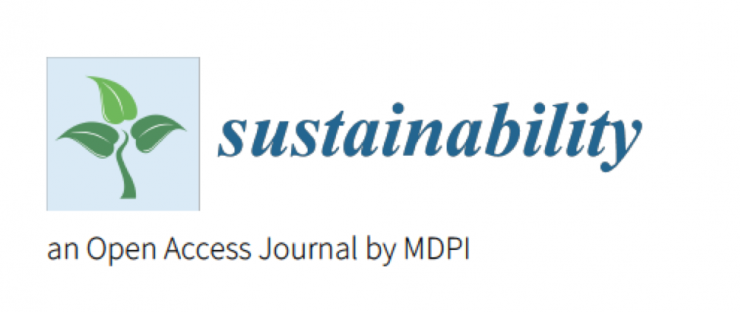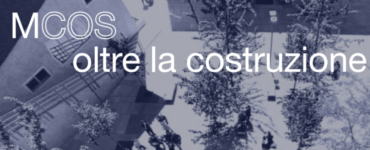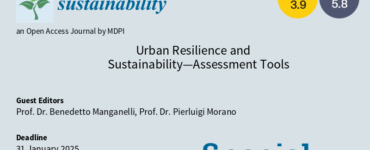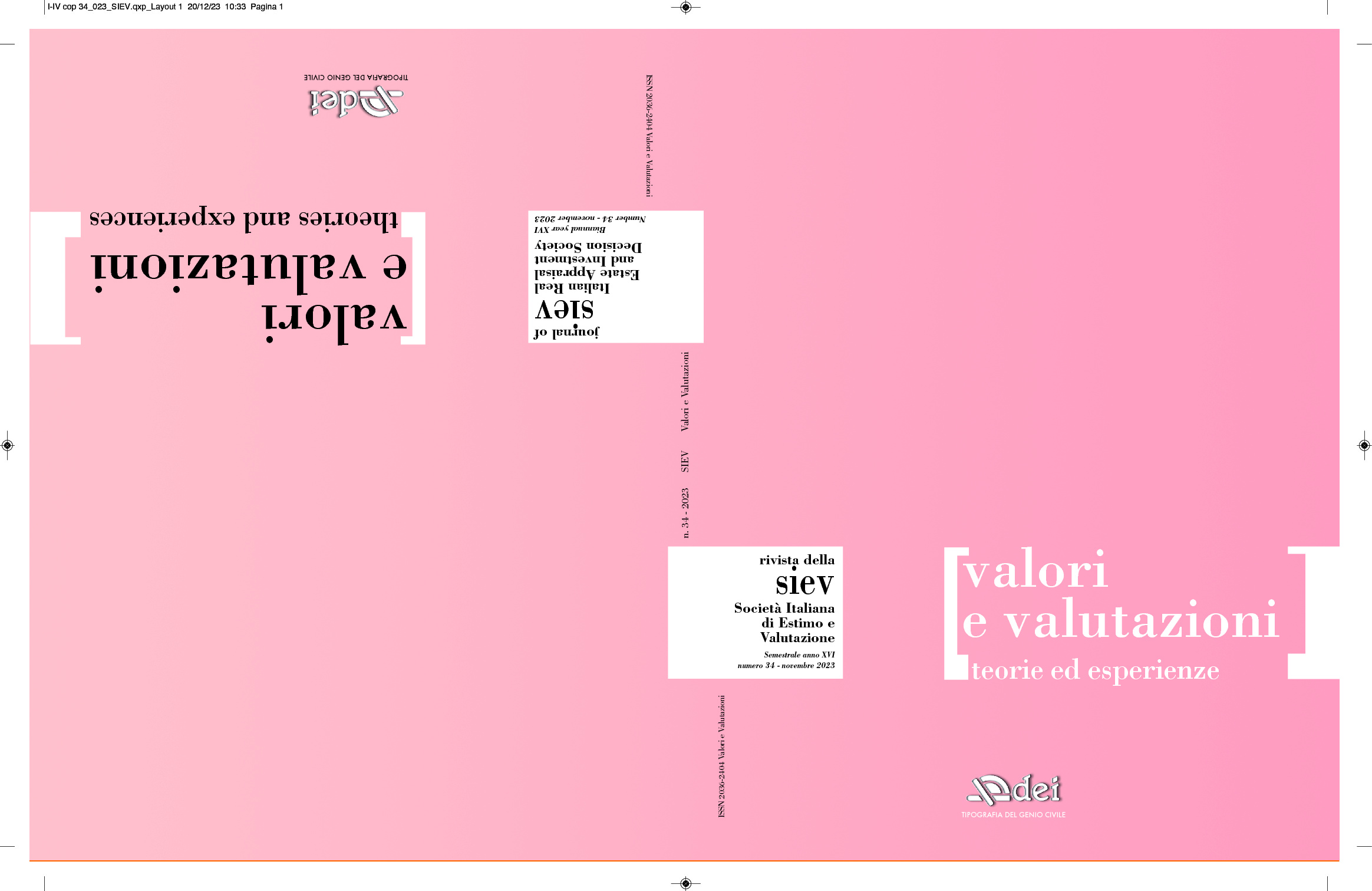A special issue of Sustainability (ISSN 2071-1050).
NEWS Deadline for manuscript submissions: 30 November 2020.
Dear Colleagues,
Recently, theoretical and empirical research on economic–environmental sustainability has experienced a great expansion, with the proposal of methodologies for supporting decision making since the early design stages, in cases of new building construction projects or retrofitting of existing heritage.
As the literature demonstrates, multidisciplinary approaches are frequently adopted involving disciplines such as real estate appraisal and economic evaluation of projects as well as building environmental design, materials ecology, building physics, and environmental building assessment. The principles of the circular economy are taken as a central theoretical approach, based on the concept of a self-generating economic system, in full harmony with the theory of life cycle thinking, a theory that conceives the project as a sequence of stages that characterize the building’s life cycle, taking into account the environmental impacts of both the building materials and the whole building.
In the life-cycle perspective, the initial investment decisions depend on the design solutions since the early stages, related to the whole building life cycle, considering conjointly the construction–management phases and the end-of-life stage.
Despite the great attention given to this by the scientific communities, there is still wide space for research, aimed at harmonizing the economic and environmental viewpoints—for example, studies addressed to investigating approaches for quantifying conjointly the environmental and economic effects of different project options, including uncertainty and riskiness components.
With these premises, the Special Issue is focused at developing and disseminating knowledge related to economic–environmental sustainability evaluation methodologies, investigated in the architectural and engineering sectors.
Suitable works include studies on the economic valuation of real estate investment projects, the economic effects of building transformation projects on the environment, econometric models, cost analysis, risk analysis, project management, financial analysis, real estate market analysis, and asset price determinants.
At the same time, contributions are accepted regarding the environmental assessment of the building over its life cycle, studies that investigate the relationships between environmental impacts and life cycle stages (e.g., operational vs. embodied) and between environmental impacts and economic costs (e.g., monetization of carbon dioxide emissions).
Dr. Elena Fregonara
Dr. Roberto Giordano
Guest Editor















Aggiungi commento